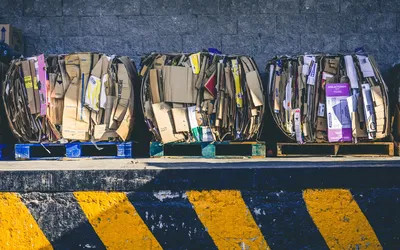
Commercial Waste Collection Manchester
This guide outlines how to arrange business waste collection in Manchester, what types of services are available, and how to compare quotes from licensed providers.
Matthew M

This guide outlines how to arrange business waste collection in Manchester, what types of services are available, and how to compare quotes from licensed providers.
Matthew M
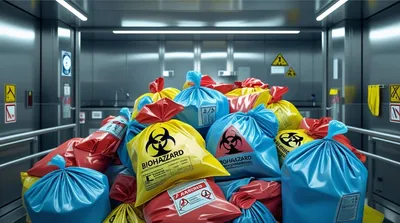
Managing clinical medical waste correctly is more important than ever in 2025, especially as healthcare standards, environmental regulations, and public awareness continue to evolve across the UK. This type of waste, which includes items like used syringes, blood-soaked dressings, or even expired medications, can pose serious risks to health and safety if not handled properly. Incorrect disposal may lead to infections, environmental contamination, or legal penalties, making it essential for facilities like hospitals, dental clinics, care homes, and even beauty salons to follow strict protocols.
Matthew M
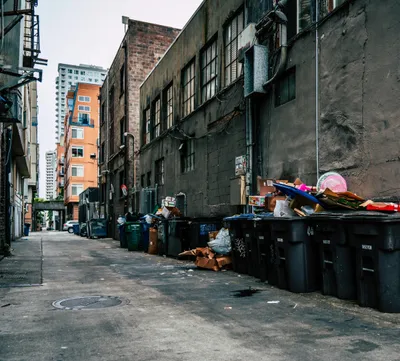
Leeds is one of the fastest-growing commercial hubs in the UK, with a diverse economy and thousands of active businesses. For business owners, company directors and facilities managers, managing commercial waste properly is a key operational responsibility. Whether your business generates food waste, packaging, paper or glass, an efficient collection service is vital for compliance and cost control.
Matthew M
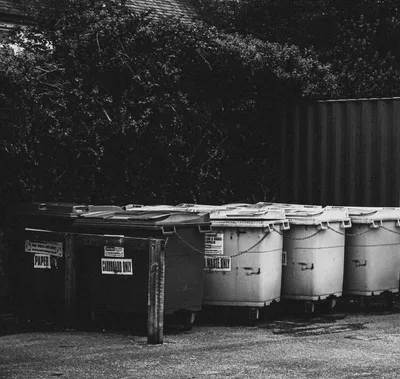
If you manage a business in Birmingham, finding a reliable waste collection service is not just a box to tick. It’s a necessary step to keep your premises compliant, clean and operating efficiently. Whether you're in retail, manufacturing, hospitality or professional services, Birmingham businesses generate a wide range of waste. The key is to manage it legally, sustainably and cost-effectively. This guide is written specifically for decision makers like you. We’ll explain your options, outline the services available and show you how to compare Birmingham's top-rated providers so you can get a competitive quote that suits your needs.
Matthew M
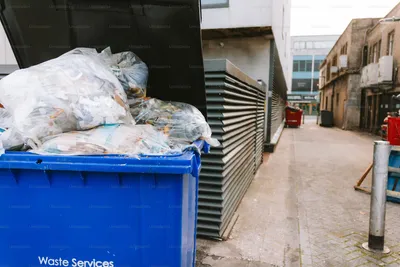
London, as the UK's economic capital, is home to a huge range of businesses, all of which need reliable, safe and cost-effective waste disposal services. From food waste to glass, cardboard and electronic equipment, the variety of commercial waste generated in the capital is vast. The good news is there are trusted collection services operating across every borough of Greater London to help keep the city clean and compliant. In this guide, we highlight the main waste collection services available, which providers operate in London, and how local councils support business waste management.
Matthew M
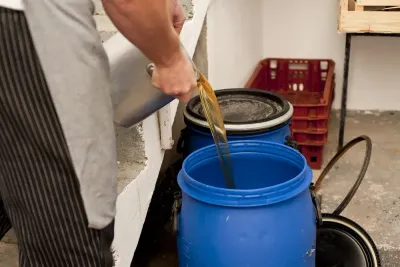
Used cooking oil is a common by-product from frying or preparing food, whether you’re working in a busy commercial kitchen or cooking meals at home. It’s important not to pour used oil down the sink, as this can block drains and damage pipes. Instead, you should follow safe and legal ways to dispose of it. Most used cooking oil can be recycled into useful products, such as biofuels. Whether you're a business owner or handling it at home, there are practical ways to dispose of cooking oil properly that are both safe and good for the environment. This guide explains how to get rid of cooking oil the right way.
Matthew M
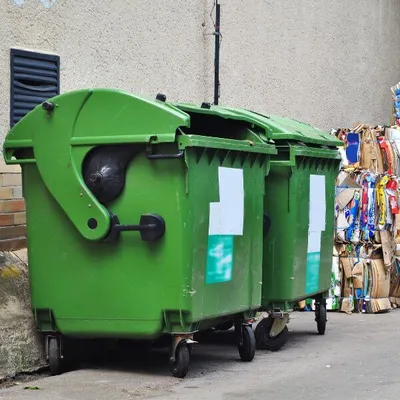
Getting rid of business waste in Cardiff doesn’t have to be difficult. Whether you need bins for food, general waste, cardboard or recycling, our experts can help you set up the right service for your business.
Matthew M
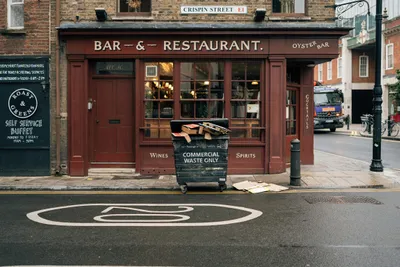
Managing business waste isn’t just about keeping your premises tidy. It’s also about staying compliant with regulations, protecting the environment and keeping costs under control. If you’re looking for information on how much commercial waste collection really costs, what’s included, and how to reduce your bill, this guide will help.
Matthew M
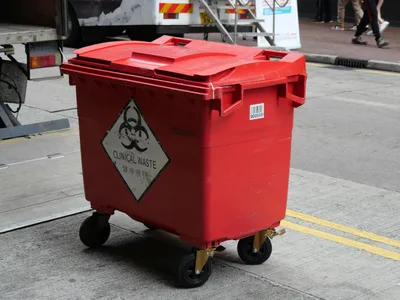
Biohazard waste isn’t just a problem for hospitals and clinics. While it’s easy to associate hazardous medical waste with large healthcare facilities, the truth is that many industries produce it often without realizing the full scope of their responsibility. Tattoo parlors, dental clinics, veterinary practices, research labs, cosmetic treatment centers, and even home healthcare providers all generate biohazard waste that must be disposed of carefully. This type of waste may consist of used needles, blood-contaminated items, soiled gloves, medical dressings, or even human tissue samples.
Matthew M